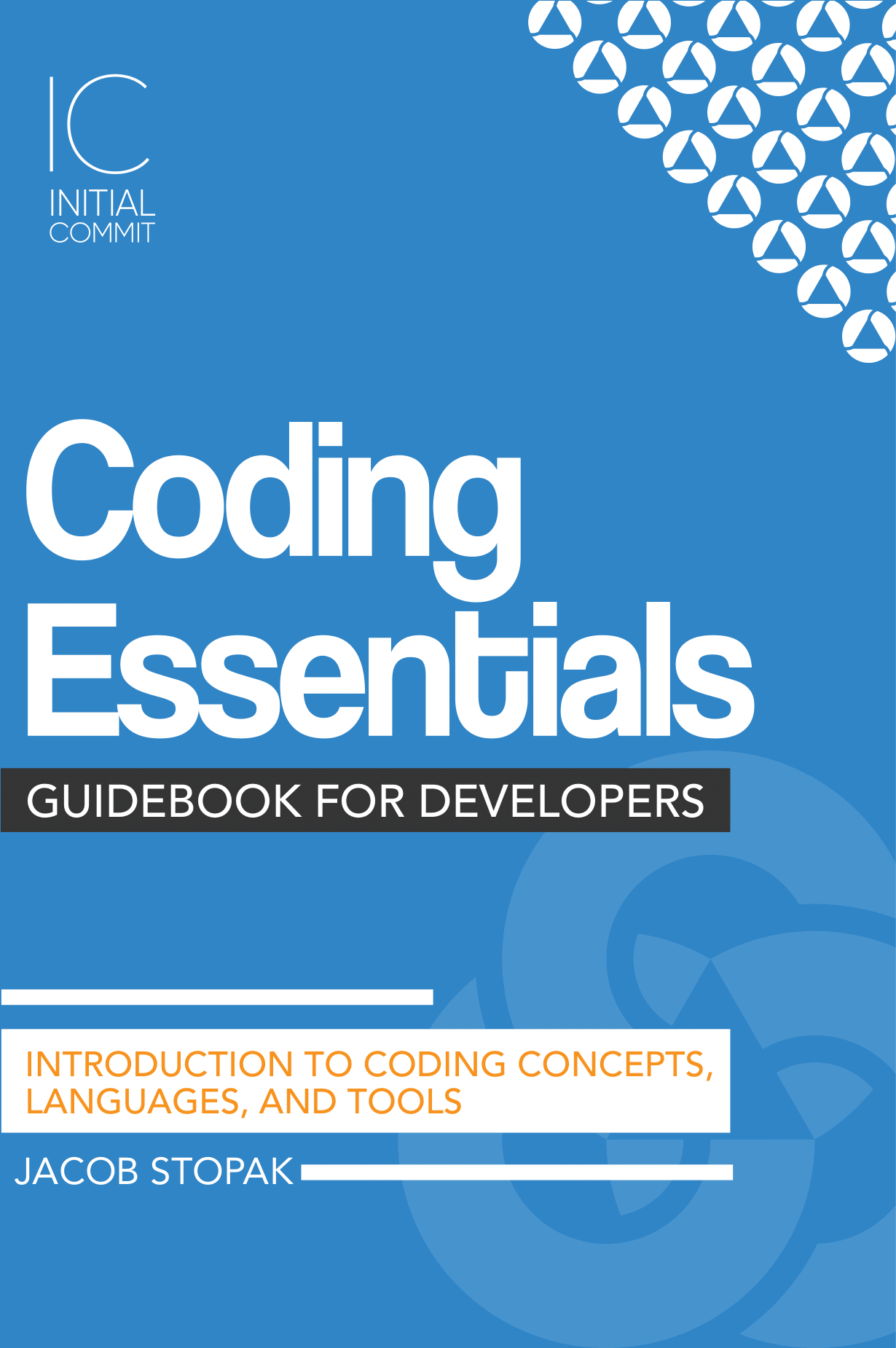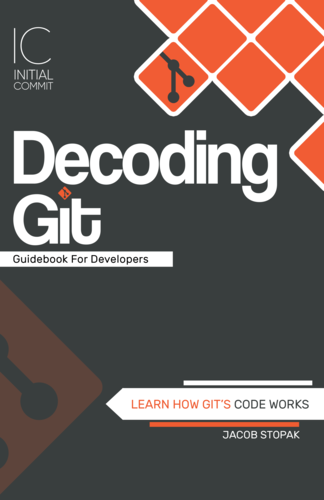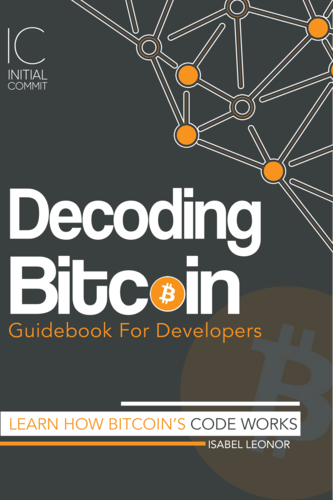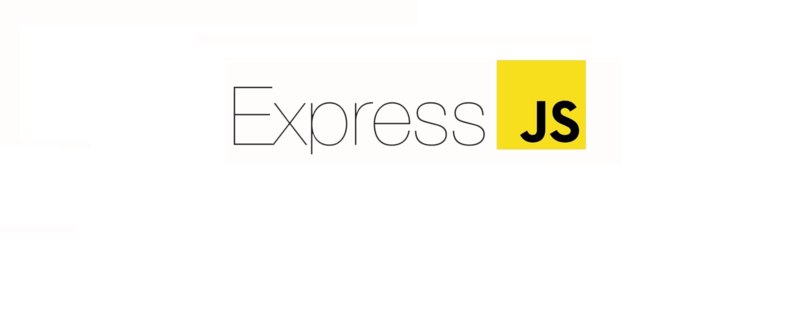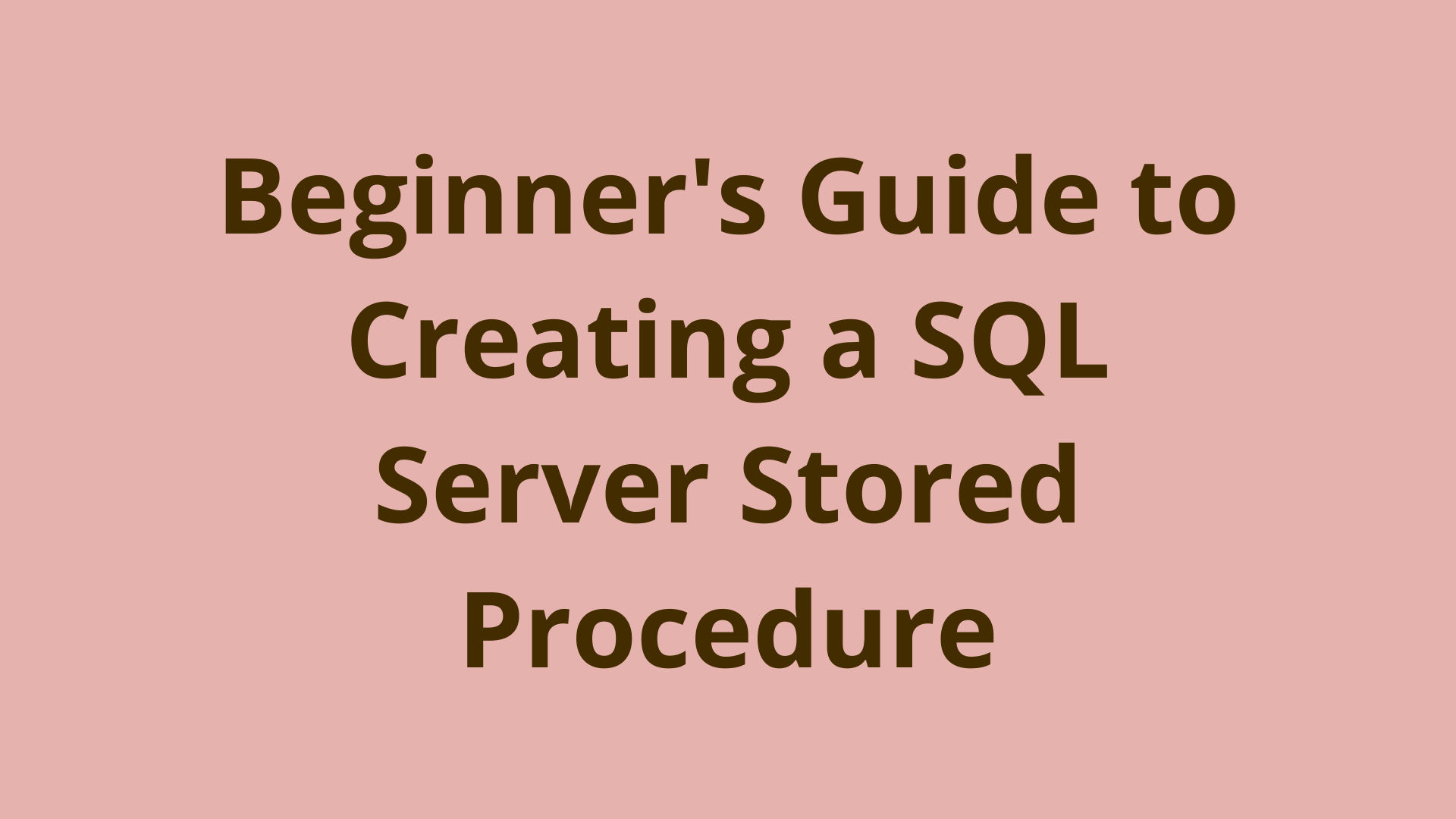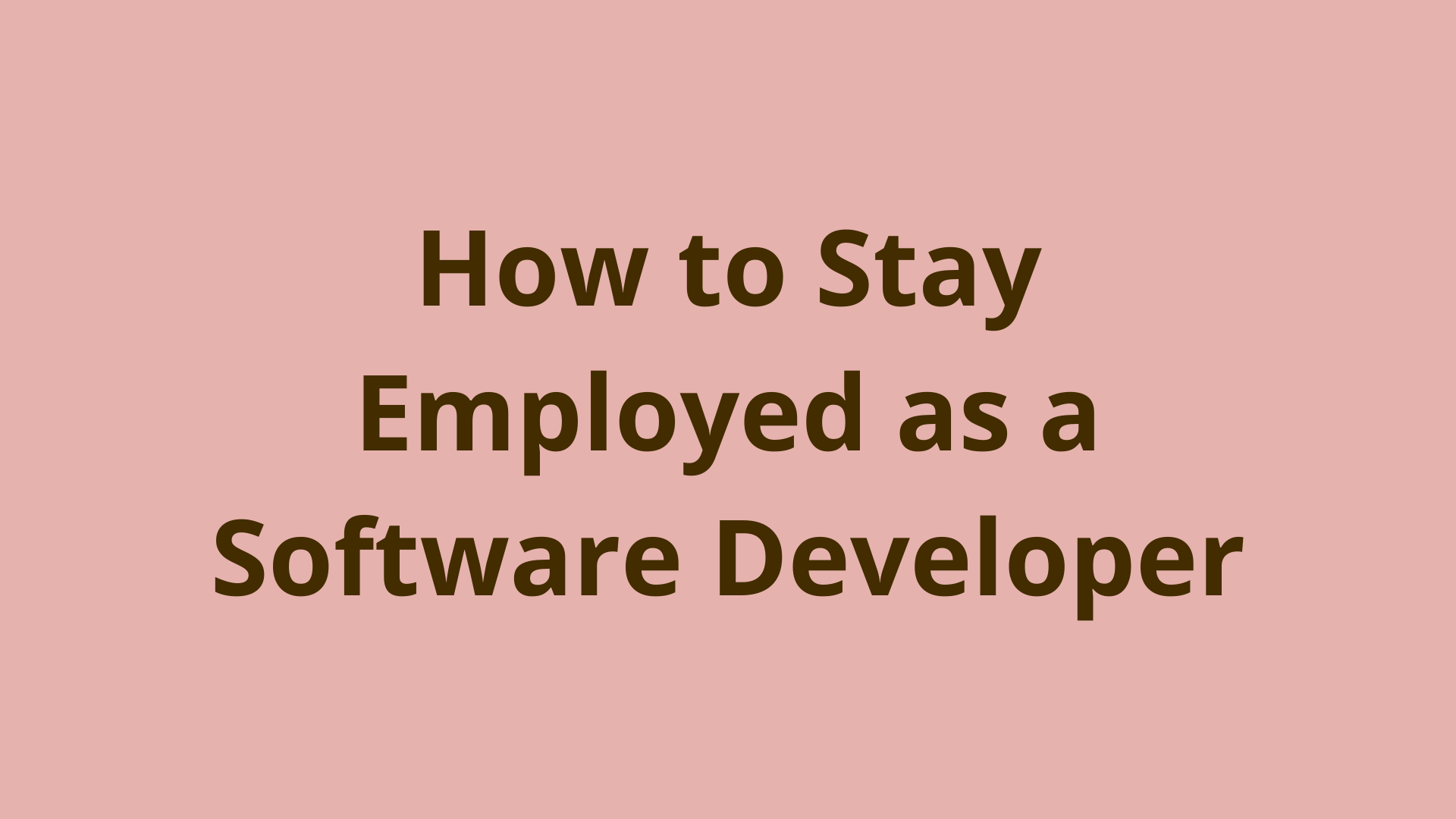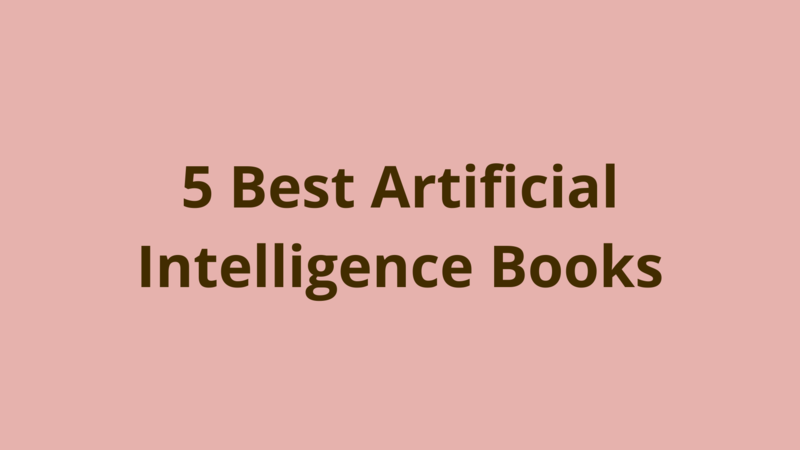Top 3 best Python books you should read in 2020
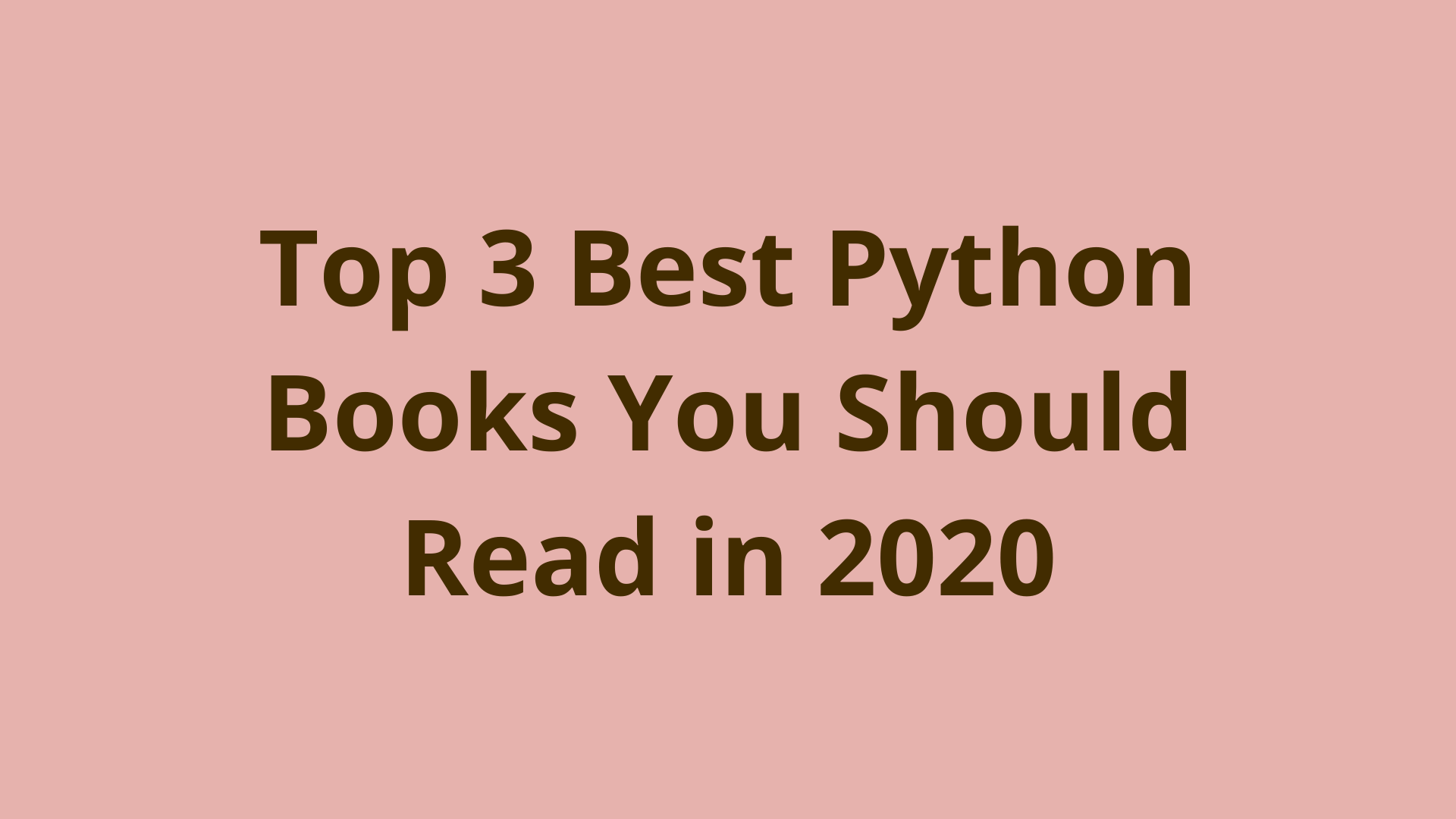
ADVERTISEMENT
Table of Contents
- Introduction
- 1. Learning Python
- 2. Effective Python
- 3. Learn Python the Hard Way
- Conclusion
- Next Steps
Introduction
We have reviewed the top 3 best Python programming books in 2020. Python is one of the most commonly used programming languages in today's developing world. These books provide quality content for you to upgrade your python skills to the next level. These books are great for anyone with an interest in Python programming.
1. Learning Python
Learning Python is the best beginner book, helping you to write efficient, maintainable, high-quality python code. This book is extremely well written and an extensive introduction into the Python programming language. You will take your python skills from 0 to 1 with this book. It is also quite practical and hands-on, which will help you to build your projects more effectively.
2. Effective Python
Effective Python teaches how to write amazing Python code. This book should be in every professional Python programmer's bookshelf. It covers algorithms, objects, concurrency, collaboration, production techniques, and a ton of other stuff. It also provides information on the different versions of Python, such as Python 2 and Python 3. Great to know.
3. Learn Python the Hard Way
Learn Python the Hard Way is a part of the "Learn the Hard Way" series. It is a book that provides hardcore examples to work through in your own time. It will give you a solid foundation through working problems, and techniques to solve python problems more effectively.
Conclusion
Python is one of the best programming languages for a myriad of industries. It's considered a very powerful language, providing the power to build applications quickly. Take your Python knowledge to the next level with these books.
Next Steps
If you're interested in learning more about the basics of coding, programming, and software development, check out our Coding Essentials Guidebook for Developers, where we cover the essential languages, concepts, and tools that you'll need to become a professional developer.
Thanks and happy coding! We hope you enjoyed this article. If you have any questions or comments, feel free to reach out to jacob@initialcommit.io.
Final Notes
Recommended product: Coding Essentials Guidebook for Developers
